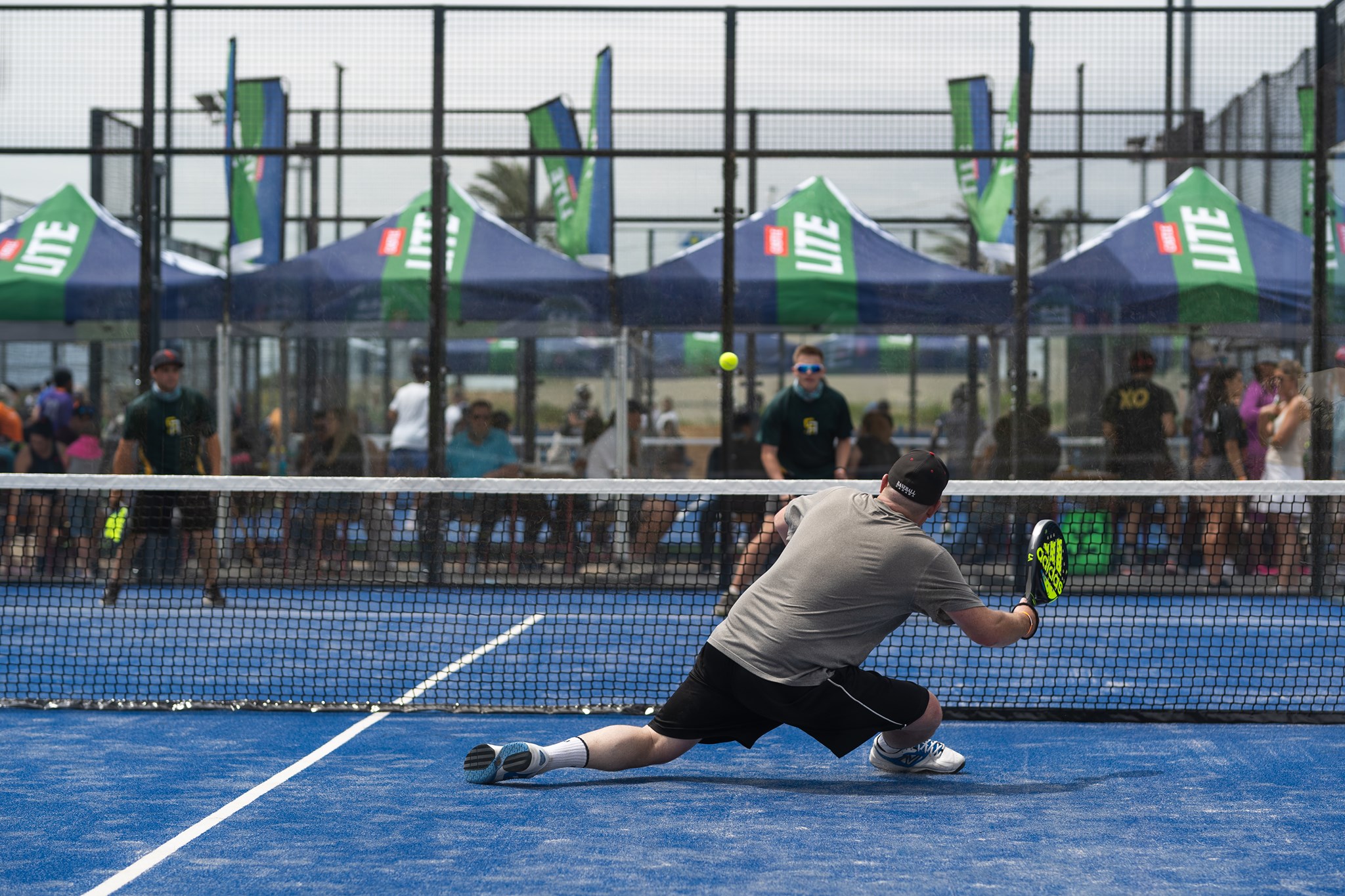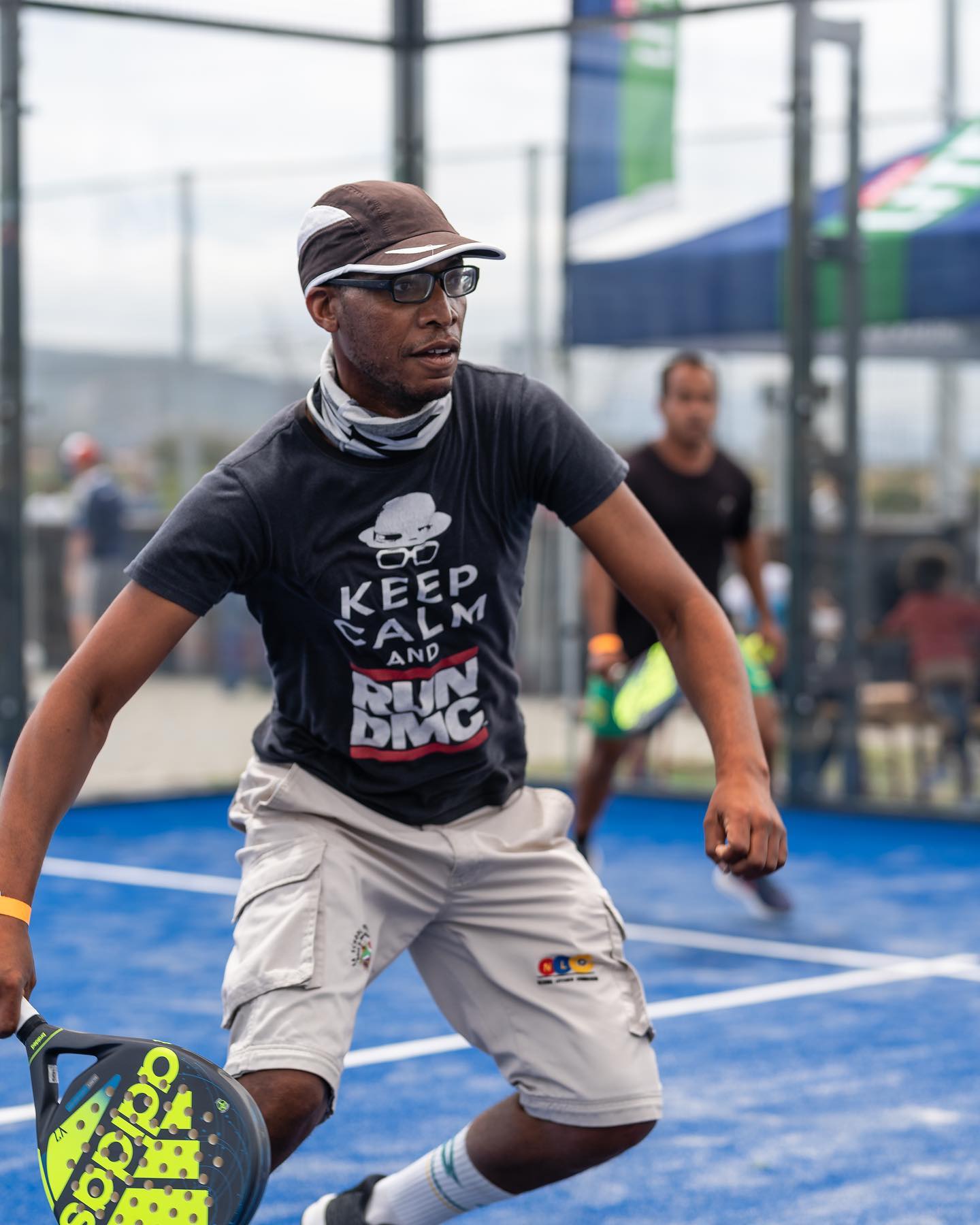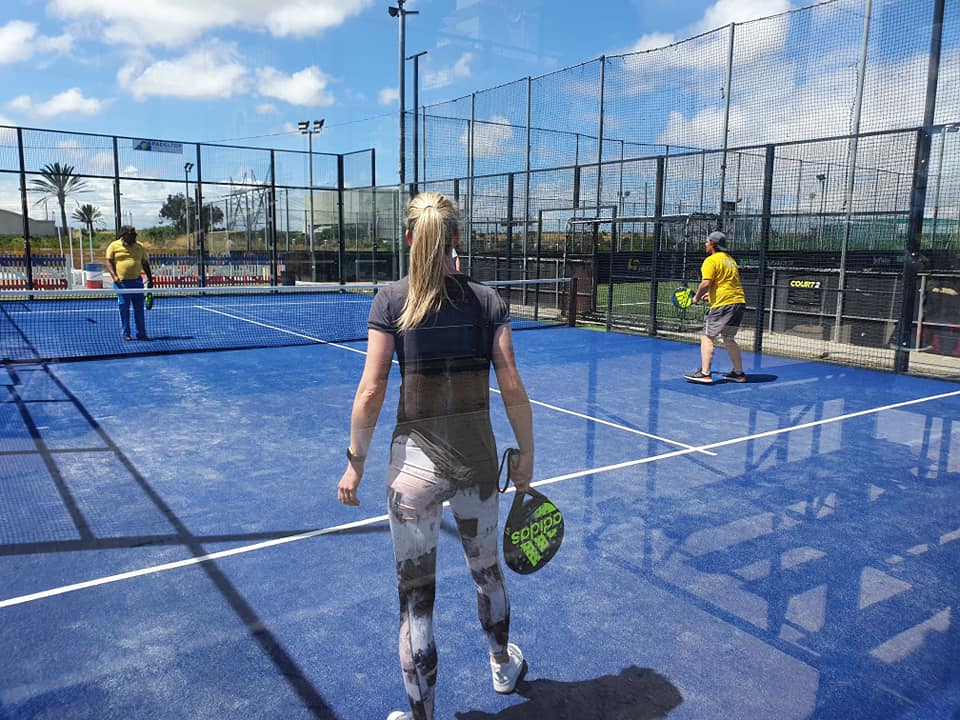Earlier this month, the TSA Members Council passed a resolution to accept the South African Padel Association (SAPA) as an associate member of Tennis South Africa.
The sport of padel is new to our shores, but is growing quickly internationally. We sat down with Luke Potter, from SAPA, to understand more about padel and their plan for the sport in the coming years.
QUESTION: Tell us more about the sport of padel?
ANSWER: Officially founded in Mexico in the 1960's, Padel took off almost overnight throughout Argentina. Padel then began to spread through the southern coast of Spain, and in 1993 the Sports Council of Spain recognized Padel as a sport whilst changing the spelling from 'paddle' to 'Padel' for pronunciation purposes in the Spanish language. It is the fastest growing action sport in the world. It is huge is Europe and is the second biggest sport in Spain behind Soccer, with over 200 000 players, playing.
QUESTION: What are the major differences between padel and ‘traditional’ tennis?
ANSWER: Padel is also a racquet sport however, Padel is typically a doubles game, played in an enclosed glass and mesh court, a third the size of a tennis court. This game thus mixes both the skills of tennis and squash into one, making action packed sport. You can hit the ball off the glass walls, as long as it bounces in the court portion first. Scoring is the same as normal tennis and the balls used are similar, but with a little less pressure. Serving is under arm, which makes it a lot more accessible to beginners, who generally struggle to serve in tennis, when they start.
QUESTION: How established is padel in South Africa?
ANSWER: Padel is at its beginning stages in South Africa. We have 4 official courts that are built. Two are in Cape Town and another two in Randburg. Both these venues have fantastic facilities and are a perfect stepping stone to seed the sport into the country. The South African Padel Association (SAPA) has been established to regulate and grow the sport, both in terms of numbers and in skill level
QUESTION: Is there a plan to grow the sport in all provinces in South Africa?
ANSWER: There is most definitely a plan to roll it out. We are actively looking for partners and investors to build courts in provinces, so that we can expand our footprint. Tennis clubs, squash clubs, gyms, resorts, private facilities all would benefit by putting a padel court up. Once you have tried the game, you are addicted and it is easy to see why it is taking the world by storm. Commercially, there is also a benefit being first to market and aligning either to a franchise model on offer or even just running your own business.
QUESTION: The SA Padel Association (SAPA) has recently been recognised as an associate member of Tennis SA – firstly congratulations and secondly why is this membership important for the SAPA?
ANSWER: Thank You! It really is an opportunity we value highly and a partnership we wish to grow successfully over the next few years. This is a vital step in the journey. South Africans are competitive by nature. This gives us the opportunity to not just build a successful league, but the opportunity for players to compete in their province and gain colours and then move on to represent South Africa internationally. Over the past few years TSA, has grown from strength to strength and their guidance and expertise will be pivotal in growing Padel as a sport in this country.
QUESTION: Some might see padel as being a direct competitor to tennis – what are your thoughts?
ANSWER: If anything Padel compliments tennis. It gives another option for youngsters to pick up a racquet in some form. From there, they can grow their skills and seed into other racquet sports. Padel will teach footwork, ball watching, smash techniques and most importantly volleying. Again, as the serve is under arm, it gives the more recreational player more enjoyment and opportunity to start the points easier. For the more senior players, Padel is not as hard on the joints and muscles as tennis, so towards the end of their playing careers, this gives them something to still play and not feel completely left out of the game.
QUESTION: What is your long term vision for padel in this country?
ANSWER:
- We envisage courts throughout South Africa.
- A strong league with members competing hard to get selected for the National Team.
- Internationally being recognized as the strongest Padel Nation on the African continent, and ultimately being able to compete successfully on the world stage.
- Running a successful commercial driven business, that adds value to both TSA and SA as a whole.
You can find our more about SAPA via their facebook page: https://www.facebook.com/southafricanpadel/



